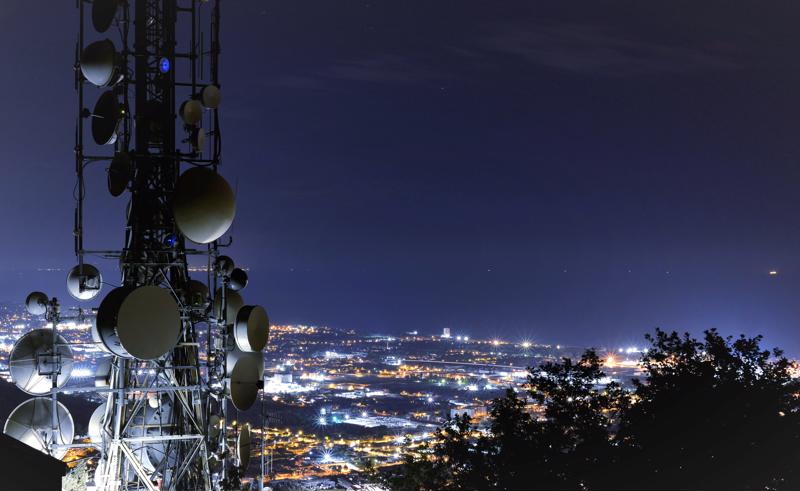To give you an idea of just how big of a step forward 5G represents from current data networks, 4G allows for a maximum of about 10,000 devices to connect within an area of a square mile, Amit Gautam of the Forbes Technology Council wrote. For 5G, that number grows to about 1 million. Moreover, 5G networks are "smarter" insofar as they can better determine what kind of energy needs a connected device has and tailor that connection to those needs. Under 4G, every device gets the same amount of energy, no matter what their unique needs may be.

What it means for supply chains specifically
With the above in mind, the broad strokes of a national or global 5G network should be immediately obvious, but there are specific benefits to the supply chain, according to T-Mobile. First and foremost, companies should be able to more effectively track shipments at a granular level and collect more data from partners to make better, more effective plans and decisions.
That kind of flexibility may be especially important for companies that are trying to shorten their supply chains and gain more visibility into how their operations have generally worked in real time, the report said. That, in turn, only fuels continual improvement of processes for supply chains, whether they stay largely based in your backyard or stretch around the world.
A world of e-commerce
The widespread rollout of 5G networks may be particularly important for companies that specialize in e-commerce, because of how much this portion of the logistics sector has come to the fore in 2020, according to Forbes Technology Council Member Julie Song. However, 5G carries with it an implicit promise not only in tracking shipments, but also tracking individual items within your warehouse before they're even sent out to consumers or other businesses.
That, however, is the big proving ground for the technology; a vast network stretching from one coast to the other is obviously important, but if it's not effective indoors, it probably doesn't serve the supply chain all that well in the end, the report said. With that in mind, some aspects of the rollout are still very much wait-and-see, and those in the industry will have to keep a careful eye on developments in this regard before making big investments in this technology.
The more you, as a decision-maker in the logistics sector, can do to understand your company's unique needs when it comes to 5G, and what you can do to better prepare yourself for widespread adoption, the more likely you will be to catch that first truly big wave in the field.



Post A Comment:
0 comments so far,add yours